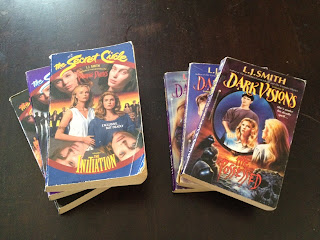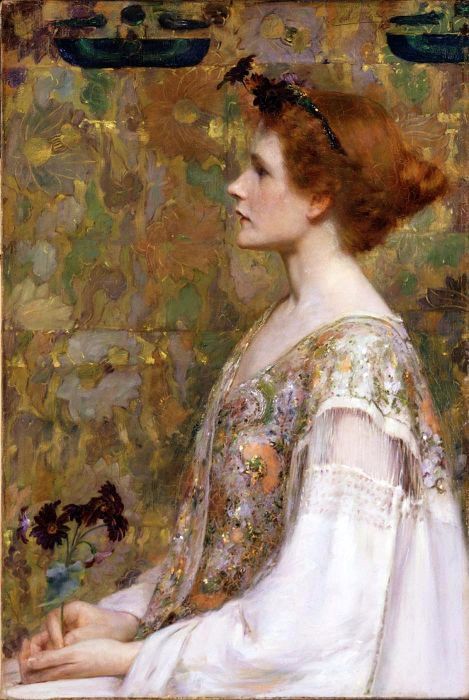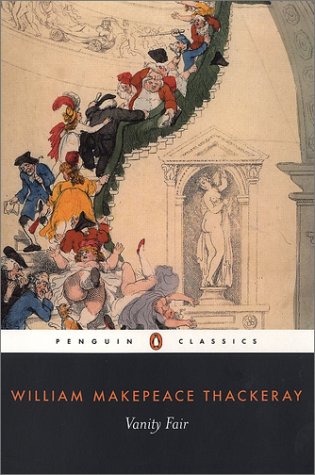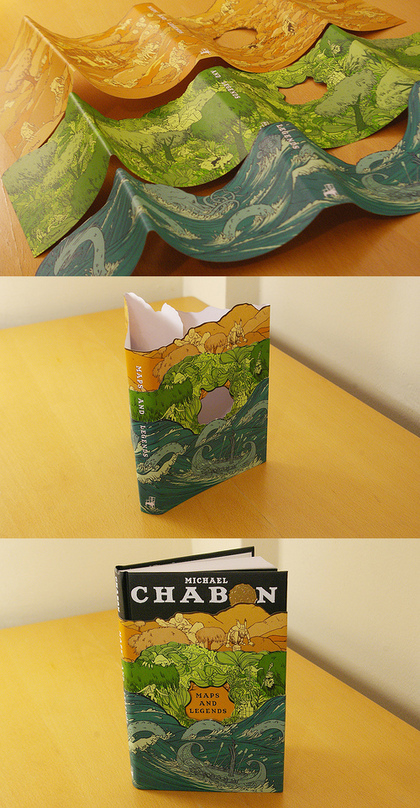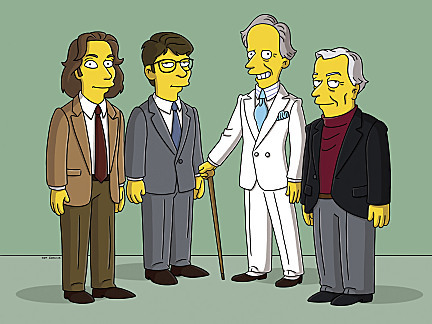it would be precocious and aggressively clever and named January 2012.
Work has been so hectic this month that once January 23rd rolled around, I realized that I had only read one book since the new year: Zadie Smith's Changing My Mind: Occasional Essays. "Only one?!" I thought. "I'm shooting for 52 total this year! I can do better."
Besides the busyness, I can also blame my lack of book-reading on my scattered forays into essays and poetry and stories that were way too heavy for winter months, like Kafka's "Metamorphosis" and a few choice back issues of The New Yorker and bits of The Best American Poetry of 2011 and Great English Essays: From Bacon to Chesterton. It was all very intellectually stimulating and vocabulary expanding and also sludgy and dreary, and it contributed nothing to my Goodreads list.
Smith's essays went along this same erudite vein, and they were painful in the same way that stretching a muscle you don't use very much is painful: it's difficult, and it burns, and your butt may feel like it's all the way across the room, but it's also invigorating and relaxing and almost certainly (you tell yourself) "for your own good."
Changing My Mind collects Smith's previously published essays on a mixed bag of topics, from reading her favorite authors (Zora Neale Hurston, George Eliot, Nabokov, and David Foster Wallace) to touring through impoverished Liberia and fancy dress parties in LA, to reviews of bad movies and British humor, to her father's death.
Smith opens her collection with an essay about her love for Their Eyes Were Watching God. She describes her relationship with this novel as "extraliterary": she appreciates Hurston's style and skill as an author, but she truly loves the novel because she feels like she shares Hurston's values, her story, her struggles and loves. I felt the same way about much of Smith's writing: I thought she was at her most brilliant when writing about authors I already loved (Hurston and George Eliot, specifically), but she lost me where our opinions differed; I very dutifully read her essay on Barthes and Nabokov and her (very, very) long paean to David Foster Wallace, but those bits of writing didn't sing for me.
Still, I was happy to have found something from Smith that I enjoyed; I read the first 200 pages of White Teeth, her wildly popular debut novel from 2000, and loathed it, so I was happily surprised to enjoy so many of her essays so much. I've gained respect for her obvious intelligence; her muscular, efficient, nuanced prose; and her ability to make me look up words on my Merriam-Webster dictionary app ("patois," "lacunae," "apogee"--never stop, Zadie! you're making me a smarter person!).
But after Smith's weight, I had to cleanse my reading palate. I turned right to Douglas Adams's The Hitchhiker's Guide to the Galaxy at the recommendation of a friend, and I wished instantly that I had read it when I was 12: it's manic, sugar-coated, and wildly imaginative. It's also more over-stuffed with jokes than (as my father would say) 10 pounds of potatoes in a 5-pound sack. And while part of me thought, "Douglas Adams, this much funny is like serving me a bowl of gravy at Thanksgiving dinner. Yes, gravy is delicious, but where's the meat, buddy?" it was also quick and silly and just what I needed on January 26th, 2011.
What's next on my winter reading list? Definitely another tawdry faerie novel from Laurell K. Hamilton (after tackling Kafka for the first time, I've earned it!), as well as the steampunk YA novel Leviathan and maybe Game of Thrones or Ready Player One. Let my sci-fi/fantasy winter begin!
Dip Me in Honey and Bury Me Someplace Nice
2 years ago



